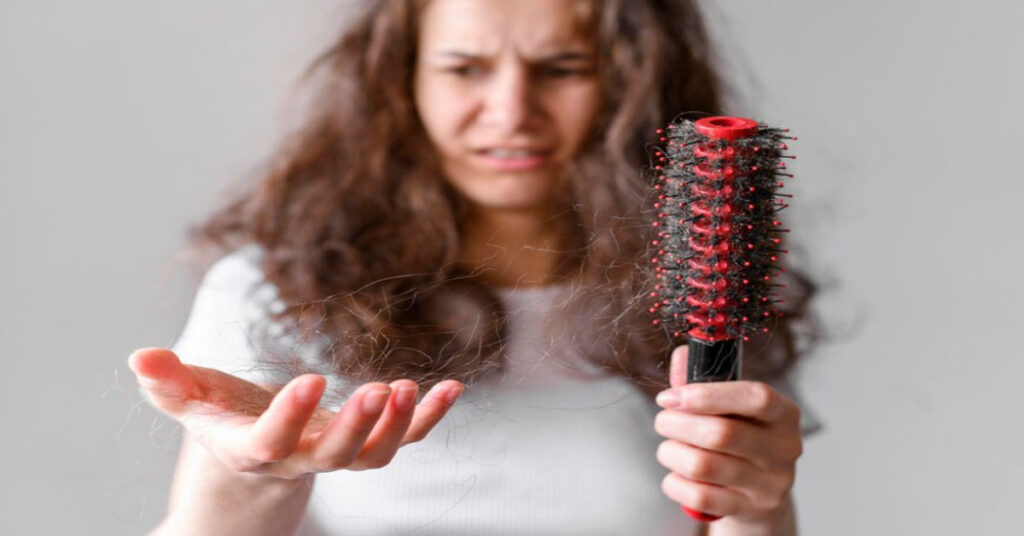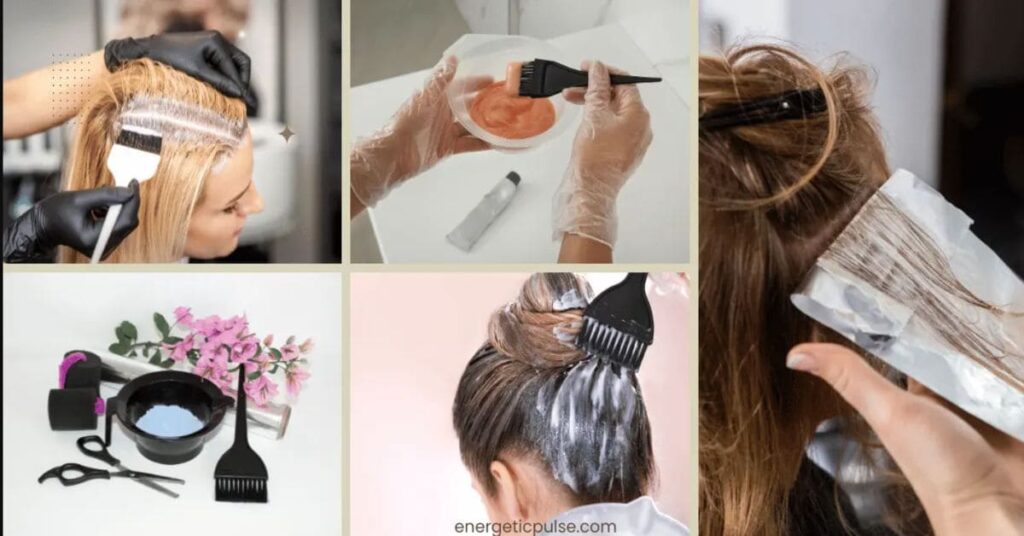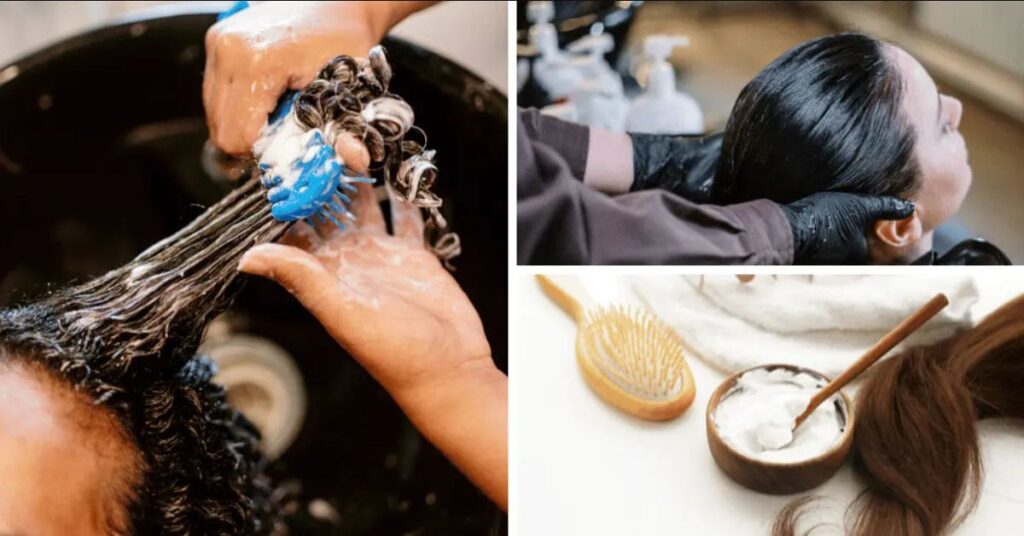Can Hair Extensions Cause Hair Loss?
Hair extensions are a popular choice for many people seeking to enhance their hairstyles, add volume, or try out a new look. However, there’s an ongoing debate about whether these beauty accessories can lead to hair loss. In this article, we will explore the relationship between hair extensions and hair loss, examining the potential risks and benefits, and offering guidance on how to use them safely.
Understanding Hair Extensions
What Are Hair Extensions?
Hair extensions are strands of human or synthetic hair that are attached to your natural hair to increase its length and volume. They come in various forms, including clip-ins, tape-ins, micro-link, and sew-in wefts. Each type has its unique application method, which can influence the health of your natural hair.
Popular Types of Hair Extensions
- Clip-in Extensions: Easy to apply and remove, these are great for temporary use.
- Tape-in Extensions: These require a professional for application but offer a seamless look.
- Micro-Link Extensions: These are attached using tiny beads and can last for several months.
- Sew-in Extensions: Also known as weaves, these are sewn into braids of your natural hair and can be quite heavy.
Can Hair Extensions Cause Hair Loss?
The Connection Between Hair Extensions and Hair Loss
The short answer is yes; hair extensions can lead to hair loss if not applied or maintained correctly. The key factors contributing to this issue include:
- Weight and Tension: Heavy extensions can pull on your natural hair, leading to traction alopecia, a type of hair loss caused by consistent pulling.
- Improper Application: If extensions are applied too tightly or incorrectly, they can cause damage to the hair follicles, resulting in breakage or hair loss.
- Poor Maintenance: Neglecting to care for extensions properly can lead to tangling and breakage, which might worsen hair loss.
Types of Hair Loss Associated with Hair Extensions
- Traction Alopecia: This occurs due to constant tension on the hair follicles. The areas where the extensions are applied may thin out over time.
- Breakage: Extensions can cause your natural hair to become weak and brittle, leading to breakage, particularly if they’re not removed correctly.
- Allergic Reactions: Some individuals may have allergic reactions to the adhesives used in tape-in extensions, leading to scalp irritation and potential hair loss.
Preventing Hair Loss When Using Hair Extensions
Choose the Right Type of Extensions
Selecting the right type of hair extensions is crucial in minimizing the risk of hair loss. Here are some tips:
- Lightweight Options: Opt for lighter extensions that won’t add too much weight to your natural hair.
- Quality Products: Invest in high-quality extensions made from natural hair to reduce the risk of damage.
Consult a Professional
Always consult with a professional stylist who has experience in applying hair extensions. They can:
- Assess your hair type.
- Recommend the best application method.
- Ensure that the extensions are not applied too tightly.
Follow a Proper Maintenance Routine
Maintaining your extensions is essential for preventing hair loss. Here are some practices to keep in mind:
- Gentle Cleansing: Use sulfate-free shampoos and conditioners to keep your hair clean without stripping it of moisture.
- Regular Brushing: Use a wide-tooth comb or a special brush designed for extensions to prevent tangling.
- Limit Heat Styling: Excessive heat can weaken both your natural hair and extensions. If you must use heat, apply a heat protectant first.
Take Breaks Between Applications
If you frequently wear hair extensions, consider taking breaks between applications to allow your natural hair to recover. This rest period can help prevent damage and promote hair health.
Signs of Hair Loss from Extensions
If you’re concerned about potential hair loss due to hair extensions, watch for these signs:
- Thinning Hair: Noticeable thinning in areas where extensions are applied.
- Excessive Shedding: If you notice more hair than usual falling out during washing or styling.
- Scalp Irritation: Redness, itching, or flaking of the scalp can be a sign of an allergic reaction or irritation from extensions.
Conclusion
In conclusion, while hair extensions can enhance your look, they do come with the risk of hair loss if not handled with care. Understanding the different types of extensions, choosing the right method, and maintaining proper care can help minimize these risks.
By taking these precautions, you can enjoy the beauty and versatility of hair extensions without compromising your natural hair health. Always remember that your hair deserves the best care possible, and prioritizing its health will ensure you can wear extensions confidently and stylishly!
Additional Tips for Healthy Hair
- Hydration: Drink plenty of water and eat a balanced diet rich in vitamins and minerals to support hair growth.
- Scalp Care: Keep your scalp healthy by massaging it regularly and using oils that promote hair health.
By following these guidelines, you can enjoy your hair extensions while keeping your natural hair strong and beautiful!


